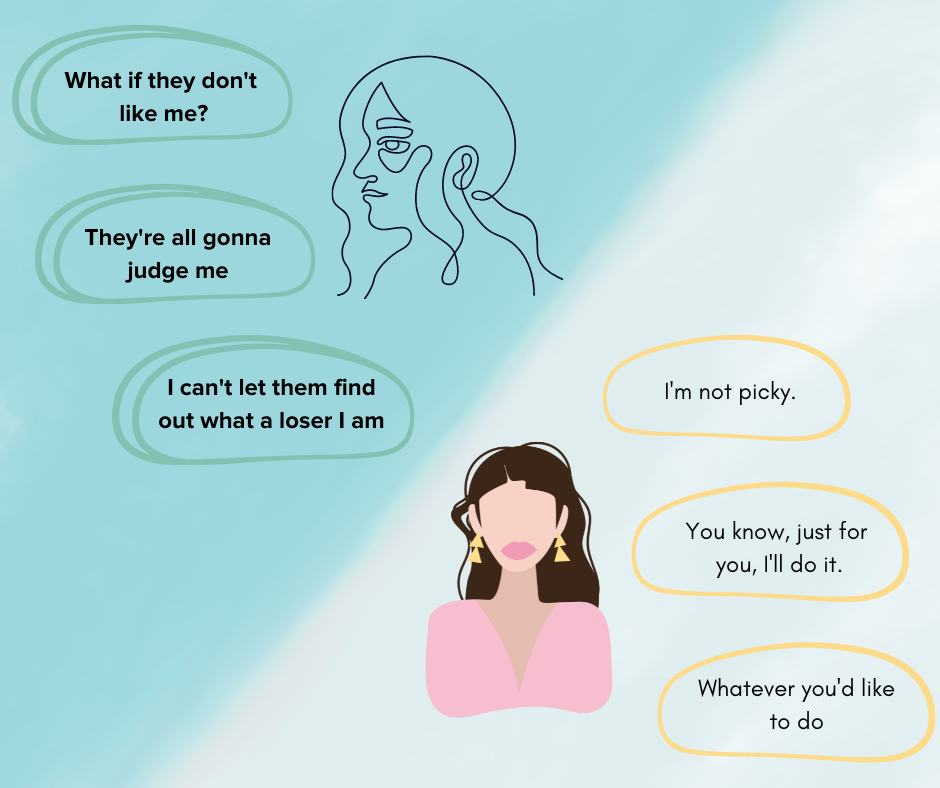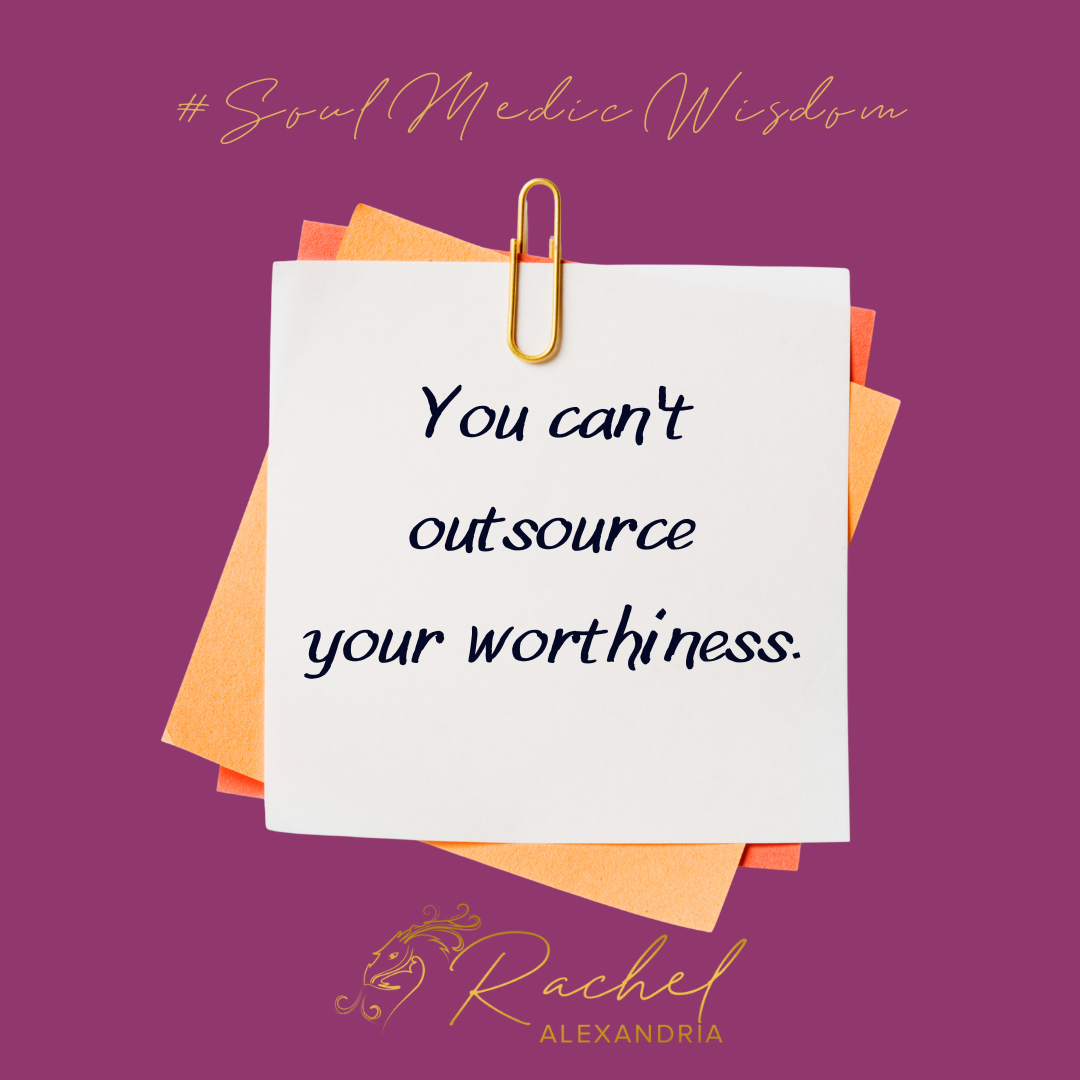Have you ever wondered how someone becomes a people-pleaser?
The short answer is they feel like they’re doing a good thing by being a good person and making sure everyone around them feels good.
Isn’t this being a good person?
Well, no. It’s lovely to care about others and put a little effort into making the world a better place. However, people-pleasing behaviors are not really about making the world happier — they are actually rooted in avoiding negative experiences like rejection, abandonment or abuse.
People-pleasing looks like:
- Being the first to volunteer for another task [your self-worth is tied to being needed, and people who are needed will not be abandoned]
- Not knowing how to say no when a friend asks for help moving or cat-sitting [so you say yes to avoid damaging the friendship and being rejected]
- Taking blame even when it’s not their fault like when the barista messes up your coffee order or a coworker has an outburst of anger [so you apologize to avoid abuse]
- Always being tired [because you overcommit to people and never prioritize time for your rest, hobbies, or interests]
- Feeling more resentful than you like to admit [because you’re making sacrifices for others and assuming people will be grateful for it but they’re usually not paying any attention]
- Quick to agree [even when you don’t agree!]

You see how all these behaviors can appear helpful, but leave you with the short end of the stick. You’re pleasing others in the hope that it will keep you connected and safe, but frequently you just end up exhausted, burdened, and resentful.
What’s the biggest cost of people-pleasing?
The more we please, the less power we feel.
Because your worth becomes tied to whether or not other people are happy. The trouble is…we have absolutely no control over how other people feel. It makes other people responsible for your own sense of worthiness, and that’s just not their job to grant that to you. It’s YOUR job.
So how do we stop the pleasing?
It starts with the awareness that your “good enough-ness” can’t be outsourced. Outsource the house cleaning, dry cleaning, social media, and tax preparation, but never outsource the feeling of whether you are enough. Bring that work back into your own mind and heart and start affirming yourself based on your own values.

If you’re reading this, I want you to know you are already good enough. This is just your reminder to validate that in yourself.
I see you.
PS. In this post, we’ll dive deeper into the trap of resentment.
